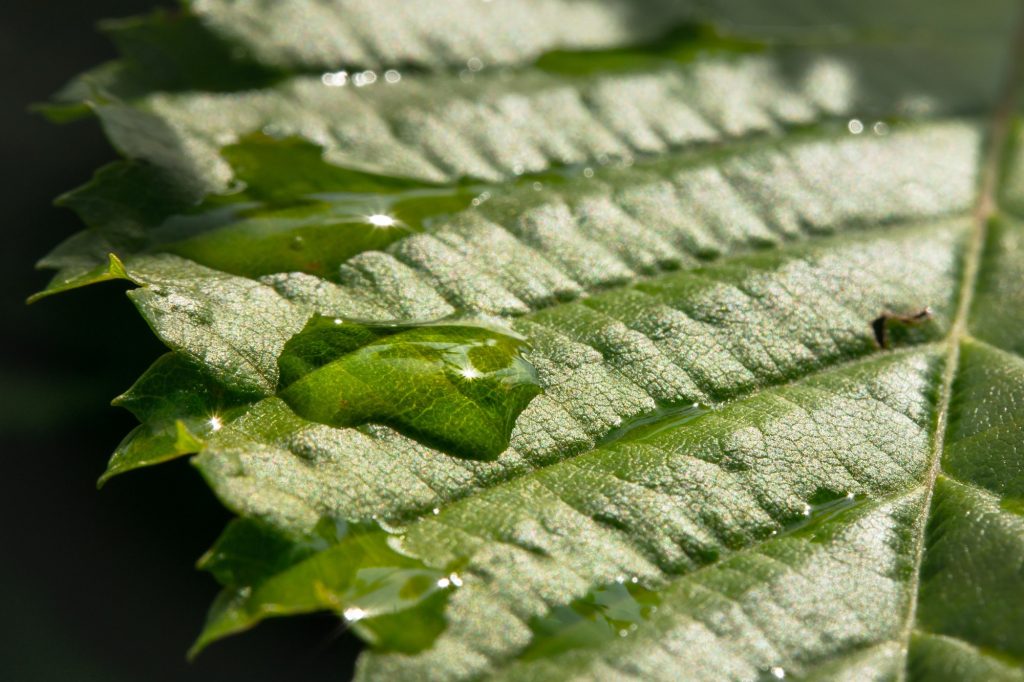How to Collect Rainwater: The Different Things You Can Do
You love the sound and smell of the rain, which can be quite therapeutic. For this reason, you look forward to that next summer afternoon downpour.
However, rain can do more than activate your senses. It can improve plant growth and even reduce your water bills if you know how to harvest it.
Harvesting rainwater also offers the benefits of reducing erosion and flooding, as well as reducing your demand for ground water. You can even use harvested rainwater to wash clothes or dishes, wash cars, or even bathe your pets.
The great news is that there are several ways to catch rainwater. Here’s a rundown on how to collect rainwater in the months ahead.
Let’s get started!
How to Collect Rainwater? Use a Tank
Using a tank is one of the most effective ways to collect rainwater, with companies like The Tank Factory offering these handy devices.
The best tanks are those made from top-notch food-grade materials and those with excellent rigidity thanks to their rib designs.
Also, try to look for tanks that do not have vertical join lines or center poles. After all, these items cause thin spots that can shorten the life of your water tank.
The right tank will be fabricated in a durable manner to withstand even the harshest weather conditions.
Use a Pond That is Lined with Plastic
Consider creating a pond to collect your rainwater this year as well.
Ideally, your pond should be around 25 feet long and 15 feet wide. In addition, the pond should be a minimum of five feet deep.
Also, be sure that the edges of your pond’s hole are elevated, as this will allow you to more effectively collect plenty of water. Then, put a durable pond liner made of plastic in your pond hole.
Use a Rainwater Garden
Rainwater gardens also can be handy for collecting rainwater.
These types of gardens usually utilize run-off water from driveways, gutters, and roofs to grow flowers and other vegetation. However, they also offer the benefit of filtering out the majority of chemicals and other items typically found in rain runoff. These items include the following:
- Bacteria
- Garbage
- Fertilizers
- Pollutants
With these types of gardens, you can easily curb flooding while simultaneously adding curb appeal to your home. In addition, you’ll be able to minimize pollution and improve your water quality overall.
How We Can Help
In addition to highlighting how to collect rainwater, we offer a number of DIY hacks, tips, and tricks for around the home.
For instance, on our blog site, you can learn how to create your own self-defense weapons and even do your own plumbing.
We can also show you how to easily install a recessed light and even save money to improving your air conditioner’s efficiency.
Take a peek at our site to find out more about how to save money and live better in 2020 and beyond.




